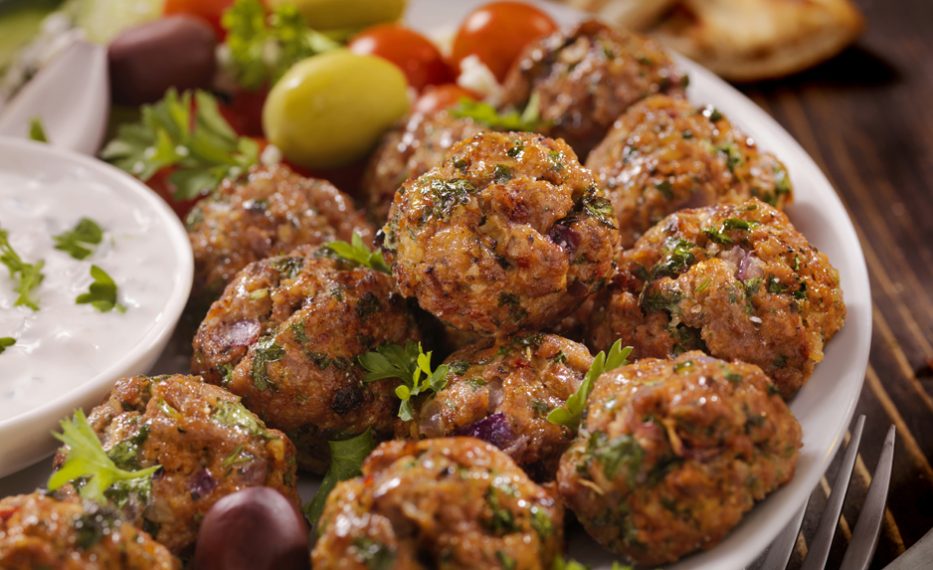These are my pick of the 10 best foods for your children to provide optimum nutrition….of course there are loads of other delicious and nutritious foods but these are my ‘Top 10!’
Let me know what you think!
Eggs

Eggs are little nutrition powerhouses packed full of protein, healthy fats and vitamin D. Try poached eggs or omlettes for breakfast
The protein in eggs is very high quality as it contains all the essential amino acids (building blocks) that growing children need to build and repair muscles and bones.
Salmon

Salmon is one of the few foods that are a great source of vitamin D, which is vital to help with the absorption of calcium. Try offering salmon in different ways – make your own fish cakes, smoked salmon wraps or grilled salmon topped with pesto. Salmon is also an excellent source of essential fatty acids important for brain and eye development.
Broccoli

Broccoli is surprisingly popular with children especially if you call them ‘mini trees’. Broccoli is a great source of vitamins A and C to help boost your child’s immune system. Try them steamed with any dish or in a stir-fry or finely chopped into chicken pasta with a creamy sauce.
Sweet potatoes
 Sweet potatoes are an excellent source of slow release carbohydrates to keep your child’s energy levels up, but they are also packed full of beta-carotene…the precursor for vitamin A. Research has shown that 1 in 10 under fives in the UK don’t get enough vitamin A so sweet potatoes are a great option. Try them roasted, mashed or as a delicious soup.
Sweet potatoes are an excellent source of slow release carbohydrates to keep your child’s energy levels up, but they are also packed full of beta-carotene…the precursor for vitamin A. Research has shown that 1 in 10 under fives in the UK don’t get enough vitamin A so sweet potatoes are a great option. Try them roasted, mashed or as a delicious soup.
Beef
 Beef is an excellent source of well-absorbed (haem) iron, which is a very important nutrient for your child’s brain development and learning. A quarter of children aged 1 and a half to 2 and a half in the UK are low in iron. Try offering lean red meat 2 to 3 times per week. The texture of beef can be a problem for toddlers – try meatballs, homemade burgers or slow cooked beef stew. Stay away from processed meats such as sausages as much as you can, as they are very high in salt.
Beef is an excellent source of well-absorbed (haem) iron, which is a very important nutrient for your child’s brain development and learning. A quarter of children aged 1 and a half to 2 and a half in the UK are low in iron. Try offering lean red meat 2 to 3 times per week. The texture of beef can be a problem for toddlers – try meatballs, homemade burgers or slow cooked beef stew. Stay away from processed meats such as sausages as much as you can, as they are very high in salt.
Oats
 Oats are an excellent source of slow release carbohydrates so they will help keep your child’s mood on an even keel by keeping their blood sugar steady for sustained energy. They are also an excellent source of soluble fibre to keep their bowels regular (don’t forget to offer 6-8 glasses of water each day)
Oats are an excellent source of slow release carbohydrates so they will help keep your child’s mood on an even keel by keeping their blood sugar steady for sustained energy. They are also an excellent source of soluble fibre to keep their bowels regular (don’t forget to offer 6-8 glasses of water each day)
Lentils and beans
 Lentils and all types of beans are packed full of fibre and are an excellent source of the building blocks of protein, but remember to combine them with other building blocks to provide all the essentials for growth…think jacket potato and beans, lentils and rice, borlotti beans and pasta.
Lentils and all types of beans are packed full of fibre and are an excellent source of the building blocks of protein, but remember to combine them with other building blocks to provide all the essentials for growth…think jacket potato and beans, lentils and rice, borlotti beans and pasta.
Also try adding lentils/beans to soups, stews, pasta bakes and rice dishes for extra fibre and protein.
Milk

Milk is rich in nutrients such as protein, calcium, B vitamins and iodine. But be careful that your child does not fill up on too much milk – children 1 to 3 years of age only need 350ml milk/day to meet their calcium requirements. (see a previous post ‘Bone health in school age children’)
Stick to full fat milk for under two’s and you can switch to semi-skimmed milk after 2 years if your toddler is well grown.
Nut butters
Whole nuts are not suitable for children under 5 due to the risk of choking but nut butters are a fantastic alternative as they are jam-packed with protein and good fats. Don’t just stick to peanut butter, try almond butter or cashew butter as alternatives and try to choose the low sugar and salt options. Try nut butters as a dip for fruits or veggies such as apples, celery, cucumber or carrots.
Tomatoes

Tomatoes are rich in vitamin C, which helps with iron absorption and wound healing, great for children who are constantly scraping their knees! Tomatoes are also rich in an antioxidant called lycopene that is increased and better absorbed when tomatoes are cooked. Lycopene is also fat-soluble, so try grilled or fried tomatoes with eggs for breakfast.
Paula x





